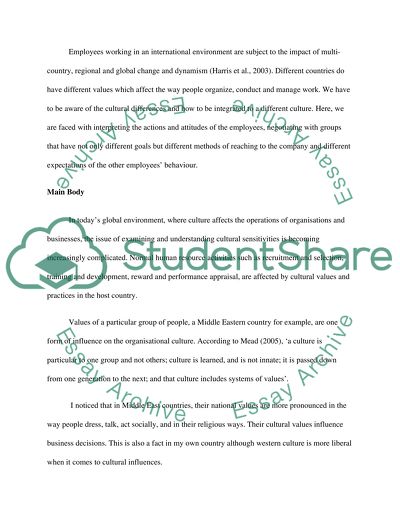Cite this document
(“Human Behavior in Cross Cultural Context Research Paper”, n.d.)
Human Behavior in Cross Cultural Context Research Paper. Retrieved from https://studentshare.org/health-sciences-medicine/1589989-human-behavior-in-cross-cultural-context
Human Behavior in Cross Cultural Context Research Paper. Retrieved from https://studentshare.org/health-sciences-medicine/1589989-human-behavior-in-cross-cultural-context
(Human Behavior in Cross Cultural Context Research Paper)
Human Behavior in Cross Cultural Context Research Paper. https://studentshare.org/health-sciences-medicine/1589989-human-behavior-in-cross-cultural-context.
Human Behavior in Cross Cultural Context Research Paper. https://studentshare.org/health-sciences-medicine/1589989-human-behavior-in-cross-cultural-context.
“Human Behavior in Cross Cultural Context Research Paper”, n.d. https://studentshare.org/health-sciences-medicine/1589989-human-behavior-in-cross-cultural-context.


